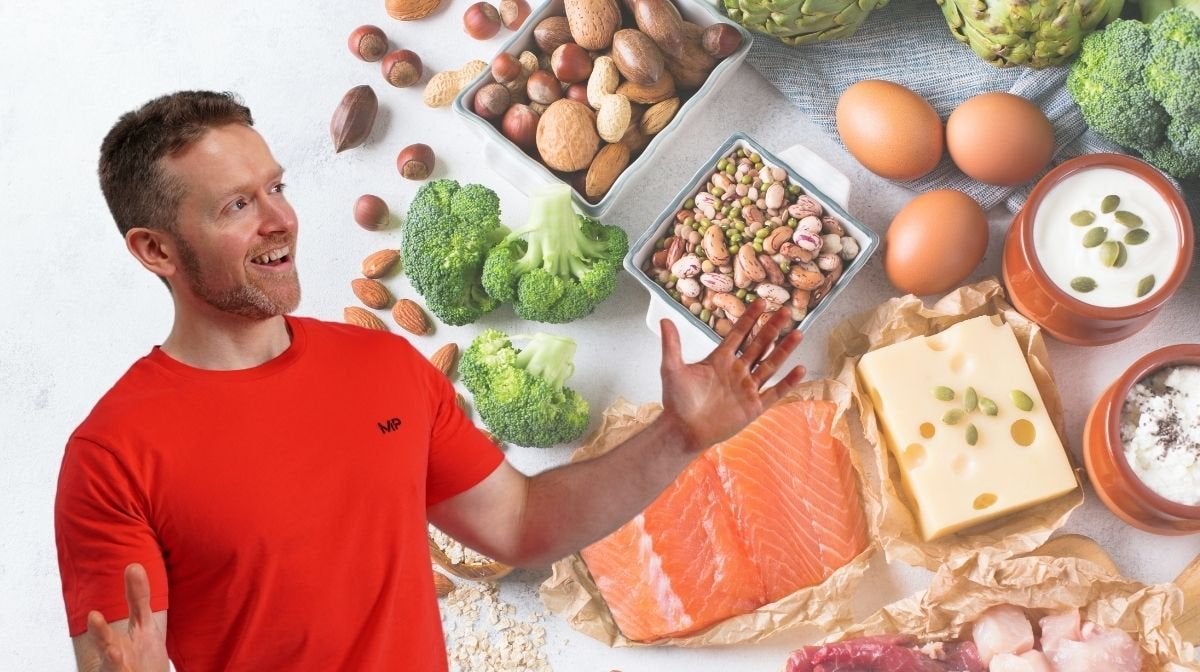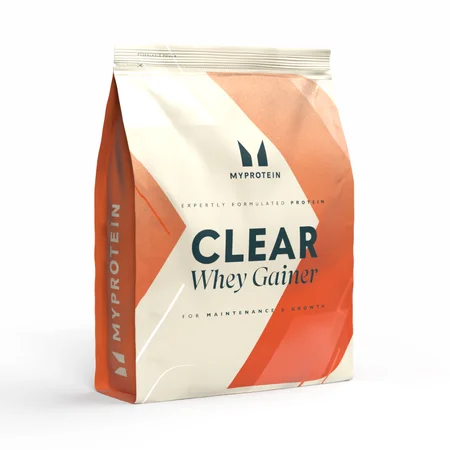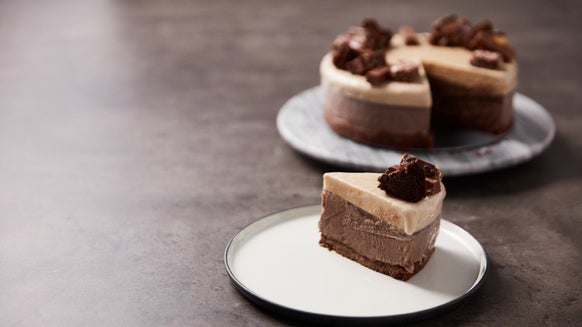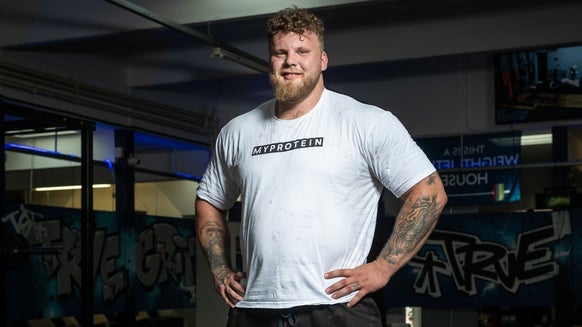‘High-Protein Diets Are Dangerous’ | Nutritionist Calls Fake News

Picture this: you’ve just brought a parcel into the kitchen. You proudly unbox your new pack of Impact Whey Protein and you’re admiring it. Your mum comes in and says “I hope you’re not going to have too much of that. People on the internet say too much can be bad for your kidneys”. But is this correct? In fact, is there any truth to it at all? Or is it just a case a fake news on social media?
Well, next time one of your parents is fretting over your protein consumption, s, you can direct them to our YouTube channel. Nutritionist and PhD researcher Richie Kirwan will put them right.
[su_youtube url="https://youtu.be/5aXryuUdA5o"
Protein is a pillar of fitness and nutrition. It’s an essential part of a healthy diet generally, and high protein diets are useful for weight loss, reducing appetite and supporting muscle growth and recovery.
For people whose aim is building muscle, the usual recommended intake is between 1.6-2.2g of protein per kilogram of body weight per day. For a 70kg person, this can work out as 156g of protein per day. But studies looking into protein diets of bodybuilders have shown they can have well beyond (brace yourself) 3.7g of protein per kilogram of body weight per day. A diet like this isn’t unusual at all. Athletes and bodybuilders commonly eat lots of protein.
Reference nutrient intake
The reference nutrient intake for protein, or RNI for nutrition boffs like Richie, is 0.79g of protein per kilogram of body weight per day. That’s about 53g a day for your average 70kg Jo. Some people on a high protein diet, especially bodybuilders, can get that much in a single meal.
The recommended protein level is set to help people avoid protein deficiency. The RNI is a lower cut off, suggesting it’s the minimum amount of protein needed, and you shouldn’t have less than that in your diet. It's not an upper limit, so you can surpass it, as many do regularly.
So where do your kidneys come into this?
When you eat protein, the excess needs to be processed and filtered by our kidneys, which is exactly what the kidneys are for. The more protein you eat, the harder your kidneys must work, and the waste products from the protein are expelled in urine. Research linking high protein diets and kidney issues is often carried out on people with existing kidney disease or other kidney issues.

What the science says
There is plenty of evidence showing high protein diets are safe, and it’s a well researched field of study. The first study Richie dives into was a study of 1500 women, who were followed for over 11 years and their protein intake and kidney function were monitored. all women participating consumed between 60-90g of protein per day.
The results showed no association between kidney function and protein, so long as participants already had healthy kidneys at the start of the study. But protein consumption did seem to exacerbate issues for participants with existing kidney problems.
But in terms of the effects of high protein consumption and kidney function, the study isn’t particularly useful because you’ll need to eat far more protein than 60-90g a day.
Another study looked at two groups of people; one group ate 2.3g of protein per kilogram of body weight per day for eight weeks, the other ate 3.4g of protein per kilogram of body weight per day for eight weeks , and both followed a resistance training programme. Participants from neither group saw changes in kidney function.
And finally, a separate study observed a group of resistance training men over a year. The group alternated between their usual diet and a high protein diet (3.3g per kilogram of body weight per day). This was a crossover study, so all participants got to trial both protein intakes and were able to act as their own control groups. The study revealed no negative effects.

7 Easy Ways To Increase Your Protein Intake | Nutritionist-Approved
Do your gains a favour, eat that protein.
Can you eat too much protein?
Simple answer: yes. It is possible to eat too much protein. But it's possible to eat or drink too much of anything. The word for drinking too much water even has its own special name: drowning. Too much refers to the point when the amount you’re eating can be harmful. Luckily, if you’re healthy and have no pre-existing issues, it's extremely difficult to consume necessary for this to happen.
There is one point worth mentioning though. Eating too much protein will become an issue if you start substituting other food groups for protein. In other words, if you eat protein instead of fruit, veg, fibre and carbs, then it can stop you from having a balanced diet.
Take home message
I hope puts you and worried family members at ease. A high protein diet alone has no affect on kidneys — they won’t explode, they won’t fall out, and function won’t decrease. Someone tell the people on social media.
But if you do or have previously suffered from kidney issues, it might be worth minding your protein intake or consulting your doctor first.





